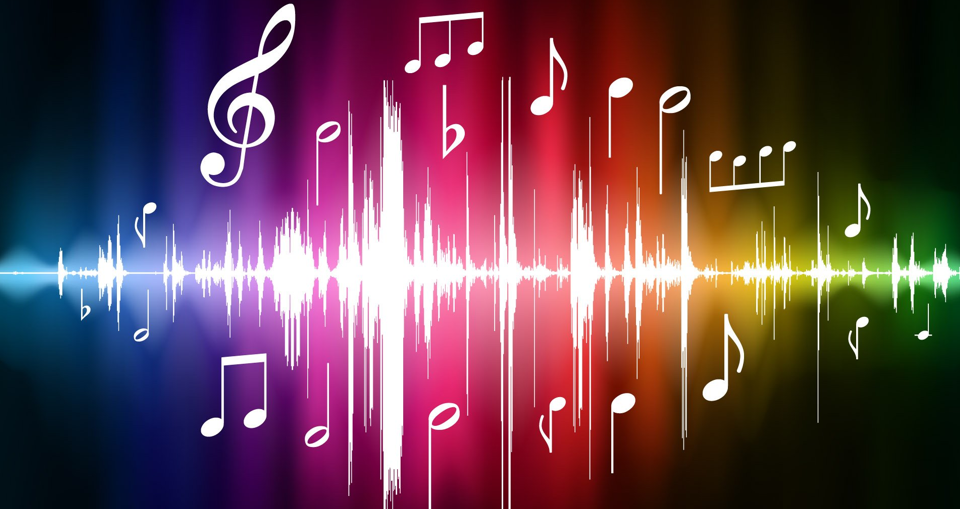
There is empirical and empirical data to imply that all people on Earth respond to music. Many people doubt, however, that music can truly affect how we feel. Any and all musical genres should be used for their ability to modulate emotion and restore equilibrium. Numerous musicians use samples from a wide range of media. Instruments such as drums, strings, brass, acoustic guitars, grand pianos, and even whistles are present. Achieving success in some endeavours can be facilitated by mastering a particular musical instrument. One of the best venues to see environmental shifts is concerts. Festivals help artists’ careers and give scholars access to intriguing new topics.
Why can music drive moods?
Every shift in how we feel is the result of the brain’s instantaneous reaction to some external stimulus.
There are many different kinds of sound waves, and musical instrument waves are one of them. The neurotransmitter dopamine is known to increase in response to auditory stimulation. Both the nervous and the mental systems are affected by these hormones. The effect of a musical instrument may be both short-lived and permanent in nature. That is to say, music has an effect on our cognizant and unconscious processes.
Until the dawn of the modern era, musical expertise was considered priceless. For example, the famous Greek scholar Pythagoras was the first to draw a connection between science and music. It is a common misconception that music did not exist before Pythagoras invented notes and consonances. It’s all about how you use them, but consonances may be both soothing and grating to the ear. Research into music’s potential psychological effects is warranted. One’s perspective on music and the way it affects the human mind can be altered dramatically with the help of this.
As much as music can drive mood, so is the effect of stellarspins.
The impact of music on people’s state of mind
In a bad way, the music you listen to can cause you to feel anxious or angry. Put on some softer music right now, thanks. Pick tunes that get you pumped up and ready to go.
But the perfect tunes might provide the motivation and inspiration you need to go through difficulties. Try looking inward and seeing how you really feel. Do your best in the exam by preparing. You will soon learn which songs are the most significant to you and how they enrich your life. After the best route is determined, output levels may only increase.
Researchers are always looking for new avenues to explore in order to learn how music can affect the human brain. Music has been shown to affect mood in numerous ways, according to studies in a variety of disciplines. The better sound increases joy and helps us differentiate between feelings.
The impact of music on people’s state of mind
Many scientific investigations have shown that listening to classical music can have a relaxing impact on the listener. On the other hand, there is ambiguity in this line. However, not all pieces of music can evoke such strong emotional responses from their audience. Many of the most moving pieces of classical music have dismal or even ominous melodies. Some people just don’t have ears or brains that can pick up this frequency range. However, we do have a few genuine music buffs in the group. There are those who simply don’t care about music. However, music has an effect not only on us but on those around us as well.
Mozart, in a nutshell, is one of the finest composers ever. The general public is in agreement that listening to his music has nothing but positive effects on health. Mozart’s music has been studied for decades by specialists from a wide range of countries. The works of this master are beneficial to the growth of the mind. This track can be used for a wide range of purposes. He has a knack for writing catchy songs that even the youngest listeners would enjoy.
Classical music has the unique ability to simultaneously energise and calm its listeners just like a win on https://www.leroijohnny.net/fr/jeux-de-casino.
